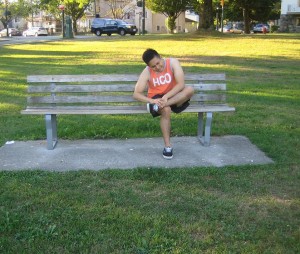Night leg pain is a common condition that can affect both adults and children. The root cause of the pain might originate from restless leg syndrome, nocturnal leg cramps as well as growing pains.
Restless leg syndrome
There are instances in which the leg pain occurs during leg movement. Nevertheless, restless leg syndrome manifests once the legs are resting.
The symptoms vary for every individual but generally include aching, burning, tugging or pulling sensations. Relief to the night leg pain caused by this condition involves exercise, walking or pacing.

Nocturnal leg cramps
Nocturnal leg cramps cause night leg pain originating in the calf muscle and arises without warning. The cramping can be painful and last for up to 10 minutes.
Relief to the night leg cramps involve straightening the leg, stretching the calf muscles or pulling the toes upwards. An individual with the cramps might be urged to massage the leg for relief and continue with sleep.
Growing pains
Children might suffer from night leg pain which is called as “growing pains”. Bone grown occurs at night and common among children, where it can trigger pain that often disrupts with the sleeping pattern.
During the periods of growth spurt, children often experience leg pain at night time. In most cases, it can be felt as a sharp, throb-like pain. The discomfort often lasts between 1-15 minutes. Simply massage the affected area gently to lessen the pain.
